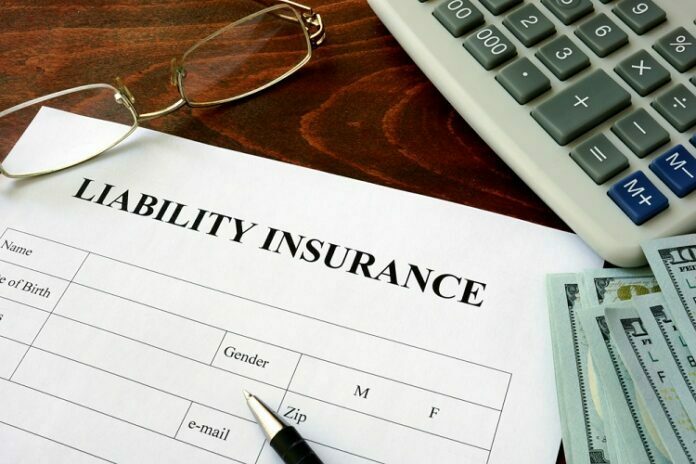This article will tackle the most important types of liability insurance and what they cover. The types of liability insurance cover accidents that happen to your car. Property damage and bodily injury are just a few options for liability coverage. Make sure you understand them all and that you purchase the correct type of liability insurance for your needs.
Table of Contents
General liability insurance
Commercial general liability insurance is an insurance policy that covers a wide range of known business risks. It is a valuable asset for any business and can protect you from numerous lawsuits and other financial losses resulting from accidents and damages. Below are some common examples of the types of companies that this policy should cover. Also listed below are some reasons to carry commercial general liability insurance Newark DE. Read on to find out more. This insurance covers the costs of medical bills, legal fees, and much more.
There are two main types of general liability claims. First, third-party bodily injury claims cover medical costs and expenses incurred by customers who have been injured on your property. Third-party property damage lawsuits can result in claims of up to $30,000 in damages. Property damage liability coverage covers the repair and replacement costs incurred by customers, and another common type of claim is for reputational damage. General liability insurance covers these legal expenses and can help protect your business’s reputation.
Uninsured/underinsured motorist coverage
If you’re ever involved in an accident and have no car insurance, you might wonder if you need uninsured/underinsured motorist cover. While this type of coverage does not pay for any damages or injuries that your car may incur, it can help you get back on your feet financially. In addition, underinsured/uninsured motorist coverage is a valuable part of liability insurance, as it provides coverage for the other driver’s insufficient insurance.
Depending on your state’s insurance requirements, you may need uninsured/underinsured motorist cover. This coverage may be required by law, or it may be an optional add-on. Uninsured/underinsured motorist coverage will match your liability coverage amount in many states. However, if you don’t live in a state that requires it, you can skip the coverage altogether.
Property damage coverage
Property damage coverage is a specific car insurance option, and it can cover the cost of damages to another person’s property when you cause an accident. This type of insurance is required by law in most states and allows you to pay for repairs to other people’s property if you cause damage to theirs. This coverage does not cover your vehicle, however. So instead, you can purchase collision coverage to protect your own car’s repair costs.
This type of coverage is typically limited to a certain amount of money per accident, but you can increase your liability limits for a nominal premium. If you live in an area with more cars, your premium will be higher. Likewise, if you own a fence and hit a florist shop with your vehicle, the damage limit is $5,000. Any additional damages over this amount are your responsibility. If you’re a business owner, you’ll want to consider a policy that offers higher liability limits.
Bodily injury coverage
You must have liability insurance to drive. The type of coverage you choose will determine the amount of money you’ll have to pay if someone is injured in your car. Bodily injury coverage can pay for medical bills, lost wages, and funeral expenses. While every state except Florida requires that drivers have bodily injury coverage, you should buy more than the minimum amount. You can also increase the amount you purchase based on your net worth and frequency of driving. An extra few dollars can save tens of thousands of dollars in at-fault collisions each year.
Bodily injury liability insurance can pay for emergency medical care or hospital bills for car accident victims. The coverage can also help pay for follow-up medical visits and associated expenses. Furthermore, bodily injury liability insurance can cover the legal fees associated with a lawsuit, including the cost of a court award. In addition, physical injury liability insurance can cover lost income, and it can even pay for medical bills.


